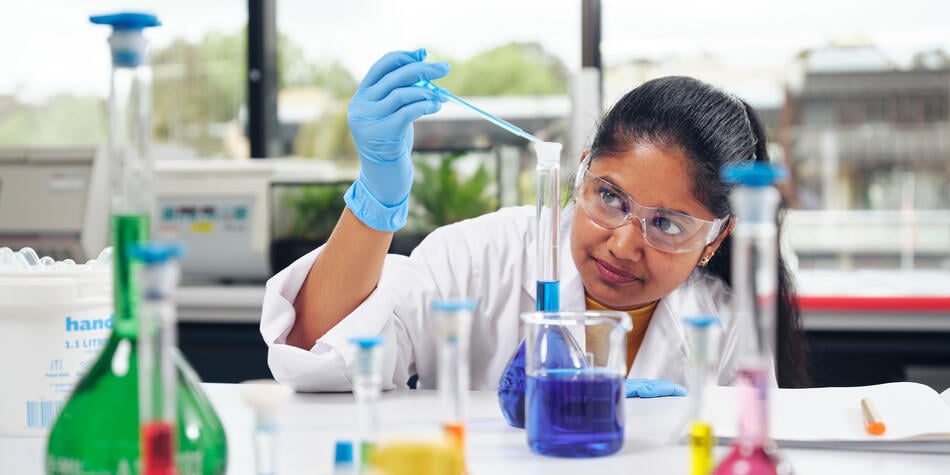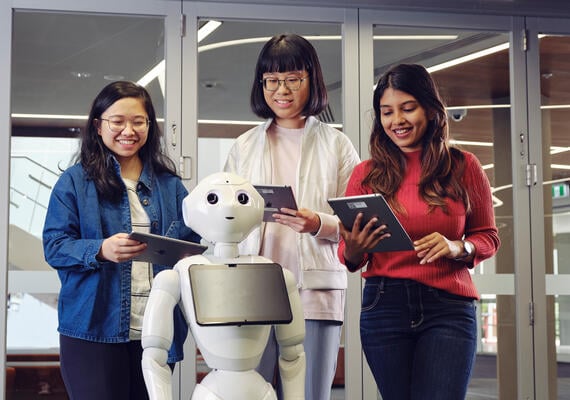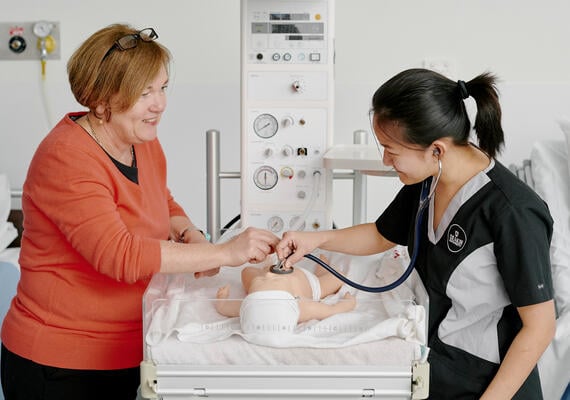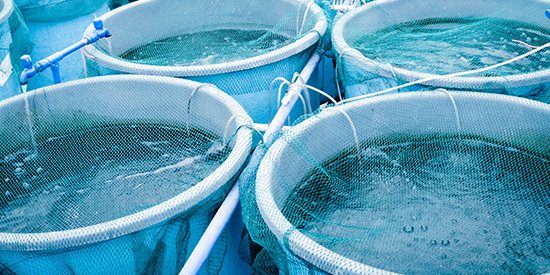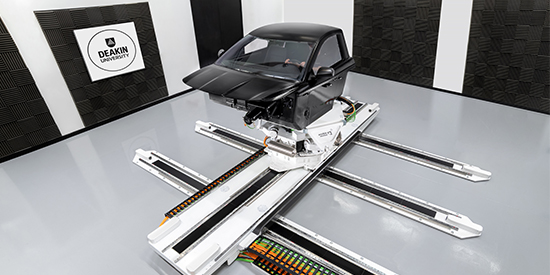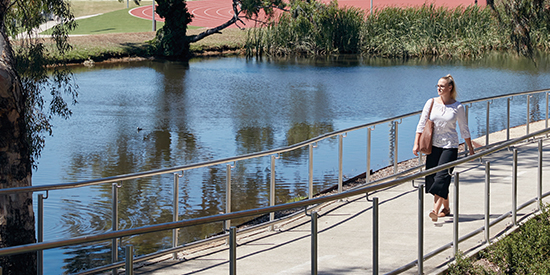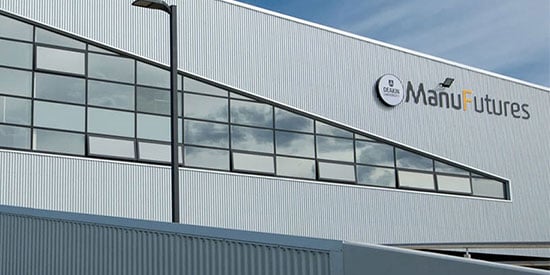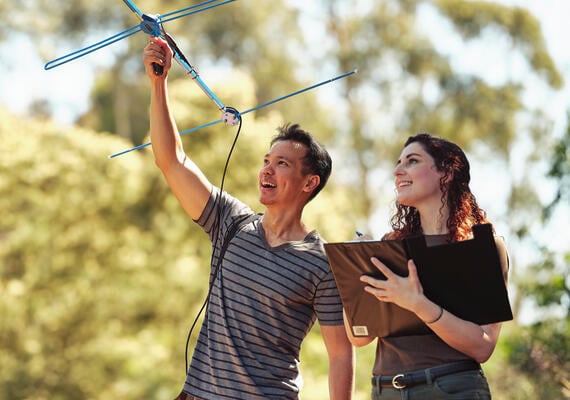
The School of Life and Environmental Science
Students now have access to three new teaching laboratories worth $5.7 million: an environmental science teaching laboratory, a PC-2 laboratory, and a multi-purpose biological science laboratory. These new spaces teach the next generation of bio-medical, ecological and environmental scientists how to solve global issues.

